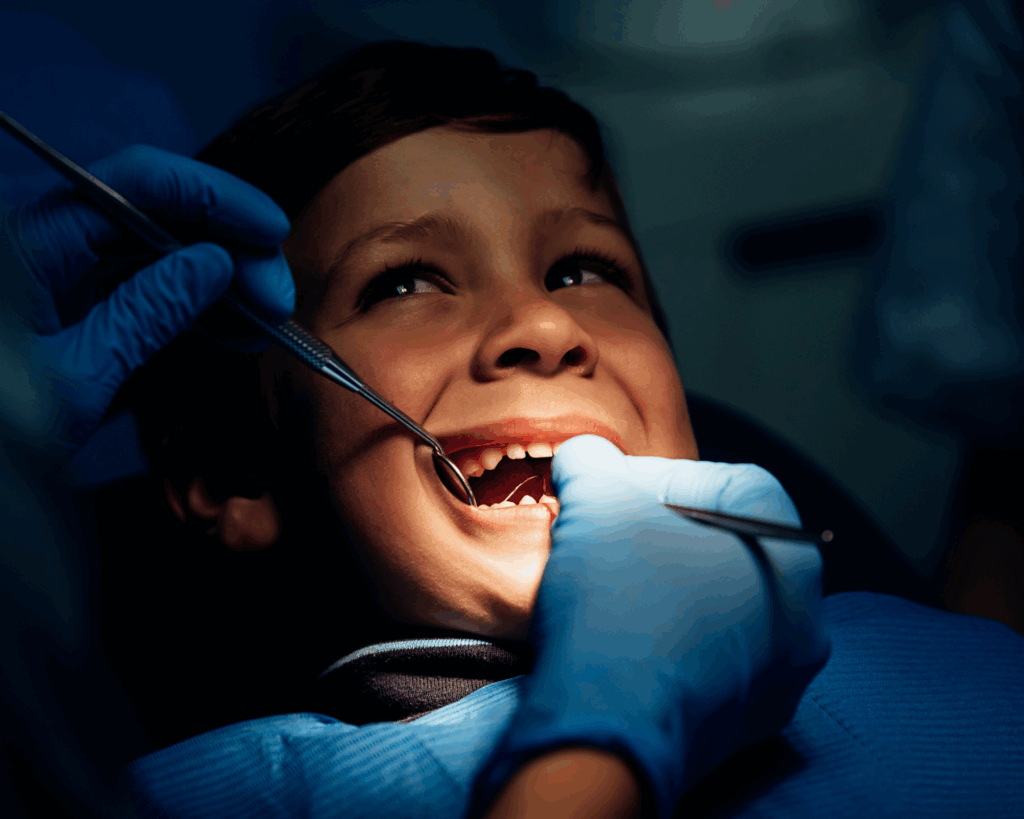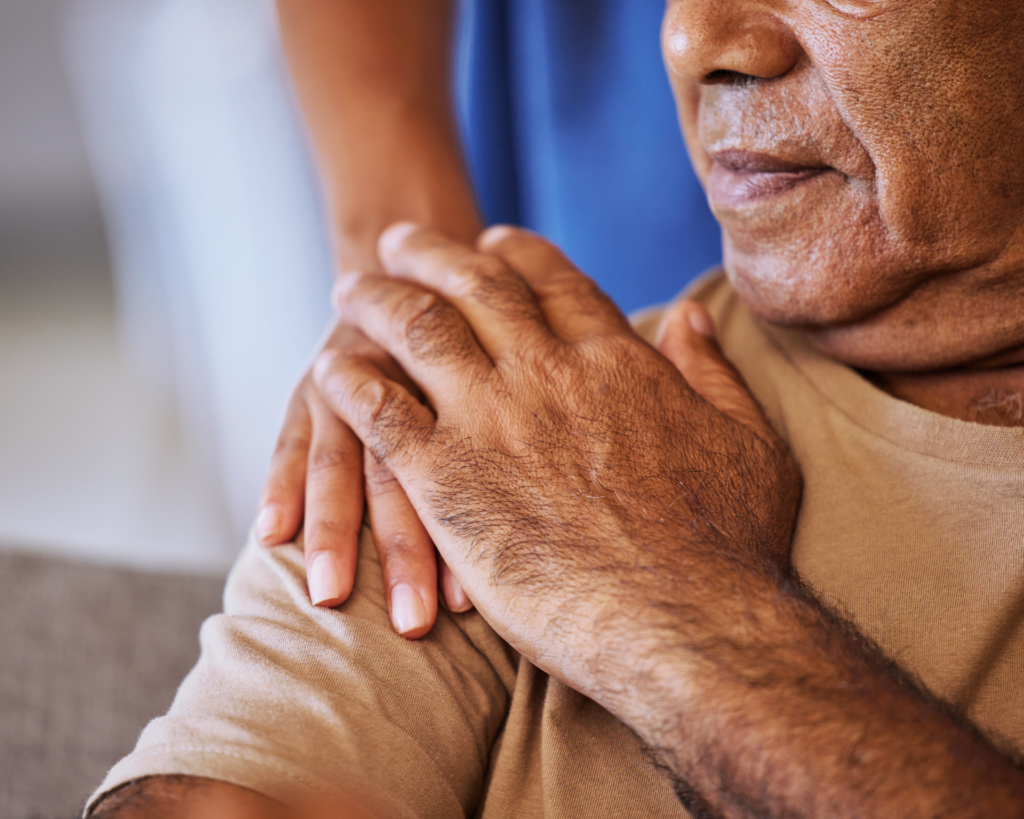Roberto Santamaria
Roberto Santamaria is Nantucket's director of health and human services, a 2011 BUSPH graduate and a newly commissioned member of the first Ready Reserve Corps class, a part of the U.S. Public Health Service.

Read Time: 4 minutes
Published:
Roberto Santamaria is Nantucket’s director of health and human services, a 2011 BUSPH graduate, and a newly commissioned member of the first Ready Reserve Corps class, a part of the U.S. Public Health Service.
The CARES Act provided much needed funding for communities to fight the pandemic. It also created the Ready Reserve Corps, a part of the U.S. Public Health Service which previously did not have reserve personnel. The Reserve Corps allows public health professionals to serve in times of increased need, and then return to their regular jobs.
Roberto Santamaria – a 2011 BUSPH graduate and currently director of health and human services for Nantucket – recently joined the Corps in the first wave of recruits since its inception.
He spent the summer virtually in training and in July was commissioned as a lieutenant junior grade. Additional training followed in August, and Santamaria is eager for his first deployment which could be anything from hurricane response to supporting other public health emergencies.
“I wanted to join after talking with Anne Fidler when I was at BU about her experience in the EIS (Epidemiologic Intelligence Service). I hope to be able to apply all of my skills in deployments, in ways that I am not able to do on Nantucket. “
Santamaria has worked in local public health since he completed his MPH in epidemiology and biostatistics, building upon his undergraduate degree in molecular biology. He’ll complete a doctorate in health policy next year. His passion for public health is fueled by a desire to ensure the public does not forget its importance.
“The only time people know what public health does is when we fail,” Santamaria said, recalling an often-repeated quote he takes to heart and first heard from an experienced colleague many years ago.
“One of the things that keeps me up at night is that Americans have short memories, and I’m worried that this pandemic will be forgotten within the next few years just like the H1N1 pandemic was forgotten, just like HIV was forgotten. People tend to just forget how, as a society, we tend not to emphasize how important it is to pay attention to personal responsibility with health.”
The seasonal ebb and flow of island life, and extraordinary winter isolation, impact disease burden on Nantucket. Residents include the very wealthy and those who have few resources. In planning to meet the needs of this varied population, Santamaria developed the first strategic plan for the island’s health department, and is creating a community health division to provide immunizations and prevention services. The pandemic highlighted a need for these services even during non-emergency times.
“On Nantucket, depression, mental health and substance abuse has its grip – it’s like an icy grip on this island. We’re working really hard to try to prevent it, but Covid definitely didn’t help.”
The work involves collaboration with the town, mental health coalitions, the local hospital and now Martha’s Vineyard as a part of new state funding offered to incentivize regional public health work.
Santamaria is no stranger to juggling – in addition to his full-time local public health role and PhD work, he teaches epidemiology at Southern New Hampshire University. Add a pandemic and a family health crisis on top of that, and it becomes a lot to handle. Especially when people far removed from Nantucket took it upon themselves to call Santamaria to criticize a fine he issued in July 2020 for a house party that exceeded the citizen gathering limit in place at that Covid-19 moment.
“A lot of my job, especially in the summer, was dealing with phone calls from one end of the spectrum to the other. Everything from you’re not doing enough to protect public health to you’re being ridiculous, you’re doing way too much.”
He keeps things in perspective by plugging away at the work –performing septic system inspections and food safety checks–and looking ahead.
“I think the next generation of public health students coming through is probably going to learn aspects of social epidemiology that were never available when we were in school. And I think it’s really exciting to see where we’re going.”
This article is part of an occasional series profiling local public health professionals in Massachusetts. This series will ask the people who led their communities through the pandemic their lessons learned with an eye toward what’s next for local public health departments.
Photo provided by Roberto Santamaria



